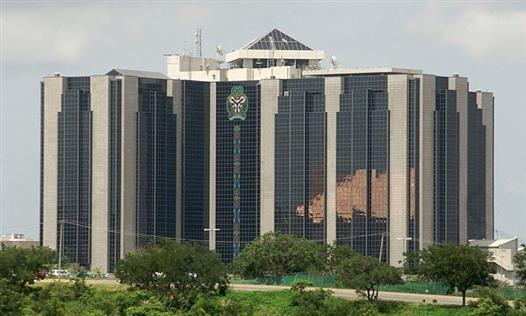
Nov 27 (Lagos) - The Naira dipped to 362.48 against the US Dollar today in inter-bank market and officially to 307 to the US Dollar. The country's foreign exchange reserves fell below US 40 billion mark also.
The government may be signalling the next devaluation as the recent move to curtail demand for t-bills could be acceptance of the reality that they have to lower rates and basically weaken the Naira once again to attract investors.
Although the CBN Governor recently assured that they are not looking at another devaluation analysts would be better footed by preparing for the worst. CBN is known for policy flip flops under this government since 2015. Even before the last devaluation they gave assurance that there will not be a devaluation.
The government seems to be getting desperate to increase its revenues because it is not able to control its wasteful expenses. The government keeps on borrowing to fund its recurring expenses such as salaries and benefits. Majority of governments expenses are spent on cost of running the government. This is a recipe for disaster for the Naira, the Nigerian consumers and the overall health of the economy.
To shore up the revenue the government has increased VAT and also imposed tax on POS sales (which completely goes against the cashless agenda of CBN). These measures are going to cripple small businesses and consumers in short term and results will start to show in 6-8 months time.
So such policies are not going to attract foreign investors who are key to rebound in the Nigerian economy. Investors now days want to invest in an open and dynamic economy rather than a closed economy with strict controls on things like ability to buy a small item online with a debit card.
The closed border issue also continues to harm traders. The intention behind the border closing is good but in reality it is not helping matters because the local rice production is simply not there. The agriculture policy failed to check the fact that it did not really boost rice production like it should have but simply started the practice of re-bagging of rice in the country. So the rice was still coming in from abroad through the porous borders to the west, east and north of the country. Now that the government has closed the borders, the cost of basic food items is increasing every day thereby crippling the Nigerian consumers and the economy overall. The fact is that the government failed in implementing its Agric-Policy like it should have and has now gone for a knee jerk reaction which is not popular with traders and consumers who have to pay more for less.
The stock market fell again today after a brief respite last week. The long bearish sentiment seems to be getting its food from some of these policies. Perhaps the devaluation is the bitter solution to these problems but even that will be a short term solution. We really need to dig deep and solve the agriculture issues facing the economy. Now that the border is closed the government needs to double up its efforts to improve productivity of rice in the country and reduce cost of food items.
It is possible to come out of this quagmire. Other countries have successfully done that like India with green revolution Nigeria can definitely emulate that and become self sufficient in terms of food requirements. We should expect more pain in the short term and hope that the government will be able to deliver this time unlike the last 4 years. Also hope that they do not go on increasing taxes because if they do that, we are looking at a longer term bear market.
reporting for easykobo.com on Wednesday, Nov 27 2019 from Lagos, Nigeria